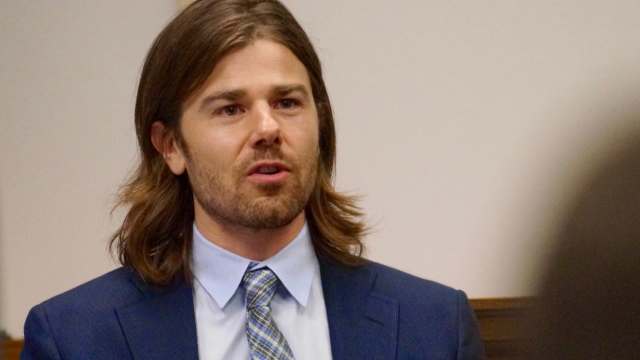Dan Price is an American entrepreneur best recognized as the CEO of Gravity Payments, a credit card processing company he founded while still in college. His net worth is estimated at $12 million.
He gained significant public attention for his decision to implement a minimum salary of $70,000 for all employees, a move inspired by studies suggesting that emotional well-being peaks at this income level.
Early Life and Background
Price grew up in Idaho in a conservative family, alongside five siblings. He faced social challenges as a homeschooled child but found solace in music, forming a band at a young age.
His entrepreneurial journey began early; by age 13, he was working various jobs, including as a lifeguard and a prep cook.
Foundation of Gravity Payments
His interest in the credit card industry blossomed while working for his father’s company. After identifying a gap in the market—particularly the high costs of credit card processing for small businesses—Price founded Gravity Payments with his brother in 2004.

Despite early struggles, including a lawsuit shortly after starting the company, Gravity Payments thrived, particularly during the 2008 financial crisis.
Salary and Business Philosophy
By 2012, Price was reportedly earning between $1.5 million and $3 million annually. However, after reflecting on the implications of income on happiness and hearing personal stories of struggle from his employees, he made a groundbreaking decision to cut his own salary and establish a minimum wage for his staff.
Controversies and Legal Issues
While his salary increase for employees was celebrated by some, it also drew criticism and led to various controversies.
Price faced legal challenges, including a lawsuit from his brother over financial disputes and allegations of domestic abuse from his ex-wife. He denied the allegations and successfully defended against the lawsuit from his brother.
Current Status
Despite setbacks, including public scrutiny and legal challenges, Price continues to be a prominent figure in discussions about corporate ethics and employee compensation. His journey reflects both the triumphs and complexities of modern entrepreneurship.




